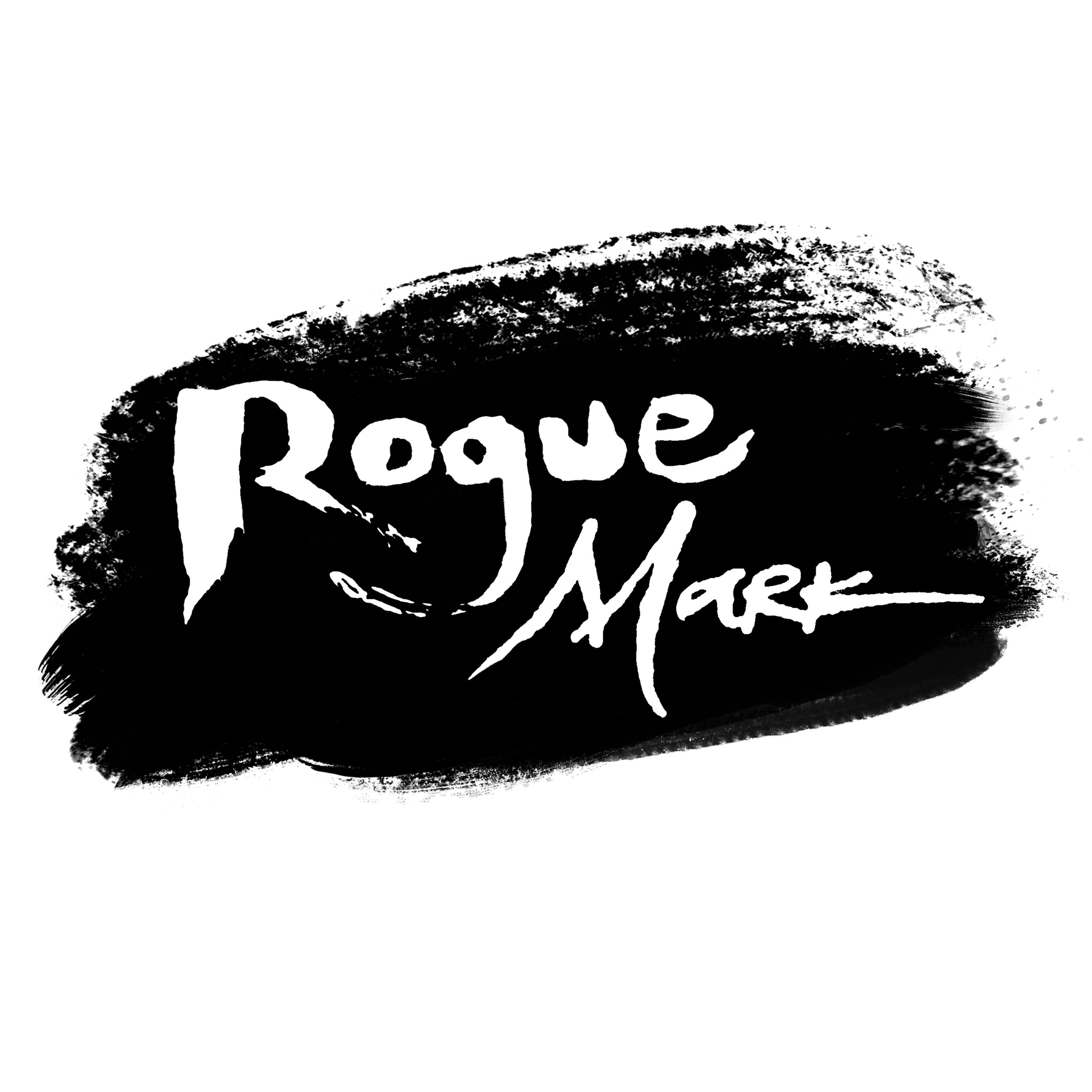Commit to Growing New Skills
At RogueMark, growth is one of our core values. With a team as small as ours, it’s necessary. On any given day, we have plenty to juggle—scriptwriting, storyboarding, illustrating, animating. And of course, there’s always more to do. Embracing a healthy growth mindset keeps us going, especially on the tough days.
Tough days aren’t just the busy days, though.
Sometimes the hardest days are when you have “nothing to do”. You know, when you spend the whole day twiddling your thumbs and constantly checking email. But a simple perspective shift can transform these “empty” days into fabulous opportunities to learn and build new skills.
Easier said than done, we know. Learning a new skill can be intimidating and time-consuming. Even if your workday is relatively empty, it can be difficult to justify squirreling away an hour or two to practice something new, especially if that skill doesn’t directly apply to your current role.
Fortunately, learning isn’t a zero-sum game. In the long-run, you’re actually increasing your capabilities. By expanding the scope of your role, you open up the possibilities to take on new types of work. Whether you’re learning Portuguese or practicing digital painting, your learning process will stretch (and strengthen) your current skill-sets, like critical thinking, troubleshooting, and time management.
There’s no magic formula to learning something new.
Every person’s brain works differently. Maybe you’re a kinesthetic learner. Maybe you’re a tutorial binger. However you learn best, it’s important to practice and study with intention. To help start your growth process, we’ve brainstormed a few guiding principles to keep in mind. Enjoy!
Choose your skill wisely.
When it comes to choosing a new skill, the possibilities are endless. Before you get too overwhelmed, it’s important to remember your long-term growth goals. Be strategic about choosing your skill. Balance your interests with your current role—what skills will benefit you and your team? Then take one step further to imagine your ideal future role. What are the necessary skills to get there, and how will you use them?
By establishing parameters for your skill, you narrow your focus and simplify your options. And remember, just because you don’t learn something right now doesn’t mean you won’t months later.
Be proactive and plan ahead.
Once you’ve identified the skill you want to learn, it’s time to plan. Like a teacher creating a curriculum, try to schedule your learning into bite-sized segments. What are the main takeaways? What’s the appropriate amount of homework? Who will you learn from? When will you practice, and for how long? What does “success” look like for this goal?
It’s important to hammer out these details before you dive in, especially if you’re stressed about time management. Following an intentional practice plan is more productive than just “winging it” whenever you have a free moment.
Track your progress.
During your learning process, you’ll probably feel frustrated. Stuck. Like you’re banging your head against a wall, over and over again. The bad news: these moments are inevitable. The good news: because they’re inevitable, you can prepare for them.
When these moments happen, look over your early exercises and iterations. They’ll show how far you’ve come, and they’ll also point to where you can improve.
Learning a new skill isn’t easy, but it pays off.
The math is simple--the more you learn, the more you can do. Win-win.
At RogueMark, we’ve put countless hours into intentional learning. From hand-drawn animation to portraiture to marketing research, we’ve buckled down and studied up. The result? New projects, expansion of our core services, more well-rounded team members, ample party tricks.
Oh, and we’re rarely bored. There’s always something new to learn!





